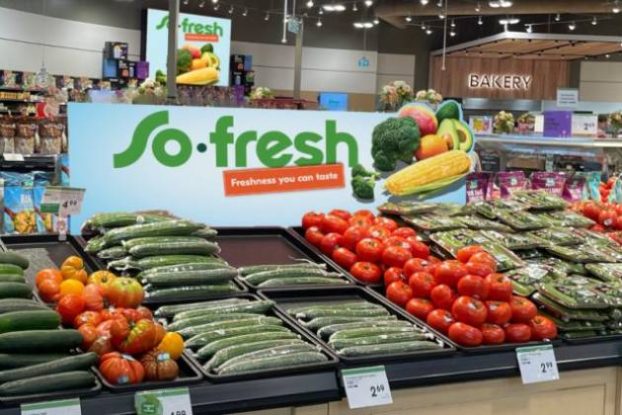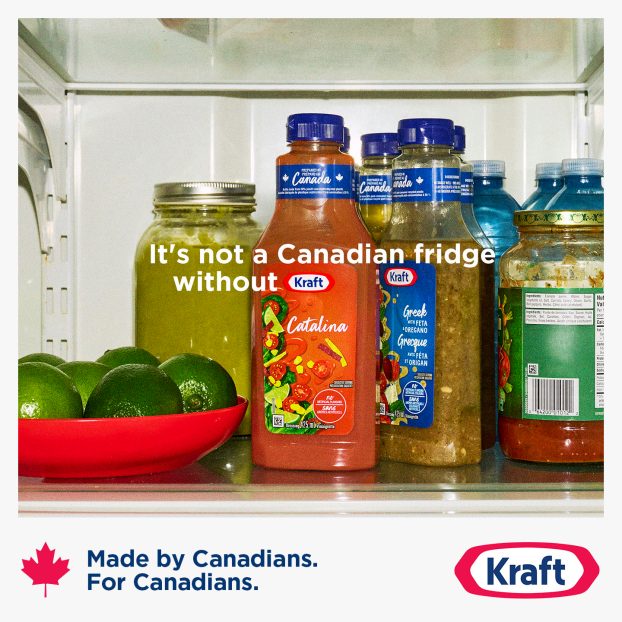They’re just little plastic toys. But the premiums found in kid meals at fast food outlets across the continent mean millions. Millions in extra sales when the chains hook into the right movie or TV show. Millions in losses when they hook into a dud, run into safety problems or fall prey to an executional nightmare.
So it’s not surprising that quick service restaurants (QSRs) spend an incredible amount of time and effort making sure that they not only link up with the right entertainment properties, but that they find fulfillment partners with a flair for turning popular characters into entertaining, low-cost playthings.
Picking the right property involves a mix of risk assessment, expertise, research and luck. Key considerations are how well a property lends itself to collectibility, and whether it will be a flash-in-the-pan phenomenon or a classic.
At the very least ‘a premium is something kids can recognize,’ explains Patrick Gibbons, Burger King Canada’s chief marketing officer, pointing to the chain’s current tie-in to the Kids’ WB! TV show Cubix. ‘There must be playability and ideally collectibility as well. Movies or kids’ TV programming tend to fulfill those interests.’ In mid-December, the chain will also have a cross-promotion tied into the much-anticipated Lord of the Rings film.
‘A kids’ premium is limited in terms of its business impact if there’s not a collectible aspect,’ agrees Hy Haberman, president of Toronto-based promotional marketing agency GeneratorIdeaWorks. ‘Frequency of purchase is such that during a promotional period, the average family can go to a QSR more than once, so you need an incentive for repeat purchases and continuity.’
At McDonald’s Canada – which has a long-standing relationship with Disney, the NHL and the Canadian Olympics – most programs are born south of the border, since Canadian tykes in the target age range (nine years old and under) are exposed to the same Disney properties as their American peers. But once in awhile, the Canadian contingent takes a pass, says Rem Langan, Canadian VP and national director of marketing. Several years ago, for instance, it decided not to run with a Power Rangers promo, since awareness of the property was lower north of the border.
Still, there are some regular giveaways that are Canadian specific. For instance, the fast food company has capitalized on this country’s obsession with hockey over the past 10 years. Every Christmas it sells millions of hockey card packs – three for $0.89 with the purchase of a Coke or fries – to both kids and collectors. Olympic hats, watches and backpacks are also for sale when Canadian athletes battle for a place at the podium.
Burger King too tends to take premium orders from the U.S. ‘Nine times out of 10 we will ride the coattails of the U.S. because the volume that they buy for our 10,000 restaurants makes it extremely economical for us, and because of the amount of detail that goes into the safety checks,’ explains Gibbons. ‘Since they do all of that homework, we tend to run with what they’re doing.’ The tie-in deals with movies, sports or other entertainment properties are also mostly negotiated State-side.
Nonetheless, like McDonald’s, occasionally Burger King strays from its Miami-based headquarters. For instance, when the U.S. chain ran an extreme sports program, featuring miniature skateboarders and bicyclists, Gibbons thought it was too generic, and struck a deal with Universal Canada for rights to Jurassic Park III instead.
The promotion included a kids’ component whereby a 200-gram box of cookies and a collectible plastic tumbler were free with every meal. Gibbons says the chain went through close to two million units.
At Wendy’s Restaurants of Canada, director of marketing Desmond Edwards says there must be a fit with Wendy’s overall ‘welcoming family’ strategy in order for a trinket to pass the consideration stage. Instead of developing toys for kids specifically, the chain prefers to push giveaways that are also attractive to adults, such as the Grinch figurines it handed out last Christmas with kids’ meals, through an exclusive agreement with Universal for the flick Dr. Seuss’ How the Grinch Stole Christmas. The promotion was the most profitable to date for Wendy’s, reports Edwards, although he won’t divulge sales figures.
As a follow up, the chain is looking to create a similar program for the release of the film on VHS and DVD. ‘We want to make sure parents feel comfortable, as do their kids,’ he says. ‘You don’t want to go too far and sacrifice the other group.’
Despite its success with the Grinch, Wendy’s generally shies away from movie deals, preferring to capitalize on arrangements with kids’ TV shows instead. For instance, it currently has a Looney Tunes Action Pens program in the works, featuring five figurines based on various classic characters. ‘TV shows are often popular for two or three years, so if we get in on the second year, we have an idea of how it is progressing,’ explains Edwards, who adds that TV characters must also be squeaky clean in order to fit its mandate. ‘It’s a lot less of a gamble than rolling the dice on a movie.’
It is a bit of a crapshoot to hook up with a flick, agrees GeneratorIdeaWorks’ Haberman, since it can flop just as easily as it can shine. Plus, QSRs make deals up to two years in advance of a release. ‘But if you’re looking to tie-in with an upcoming TV show, you run the same risk, because we all know that they sometimes don’t make it through the 13-week cycle.’
Still, Karen Bigby, account executive of the corporate promotions division at Mississauga-based Orchard International, believes McDonald’s, which goes through over a billion toys annually, is one of the top QSRs in the business in large part because of its movie tie-ins. ‘Films tend to make [premiums] more exciting, and they’re getting traffic in because of them.’
Certainly, the 10-year-old relationship with Disney has benefited McDonald’s, which has encountered some of its best results with Disney properties, according to Langan. There is also a continuous supply of Disney characters, enabling McDonald’s to easily create 13 to 15 happy meal toys a year.
But even McDonald’s has a difficult time swallowing the price of some toys, since Happy Meals generally cost about $2.99. ‘There’s a point where rights become so exorbitant, that it’s not really worth us getting involved,’ explains Langan. ‘We’re very cautious about offering great value to our customers. When we can’t offer great value, then we’d prefer not to run a premium.’
On the other hand, John Banks, a spokesperson for Equity Marketing in Los Angeles – which creates custom programs for big name clients such as Burger King – says the cost of premiums, which can range between $0.25 US and $0.50 US, doesn’t have that much impact on the decision-making process.
‘Fast food restaurants get cost efficiencies that allow them to make toys that are bigger, better and safer than would normally be if the quantity run was smaller,’ he explains. ‘So while cost is a factor, it’s always secondary to making toys safe, fun and as creative as possible because that’s what will drive the sale of food. Whether [a premium] costs another penny or five pennies, it’s a good trade-off.’
McDonald’s currently has two U.S.-based fulfillment partners – The Marketing Store and Creata – which are responsible for all stages of the promotions, from research to production, both for U.S. and Canada-only premiums. (Longtime partner Simon Marketing was recently dismissed following charges that at least one of it’s employees was helping to steal contest prizes.)
Similarly Wendy’s, which offers the same giveaways in both the U.S. and Canada, is married to only one company: Determined Productions in San Francisco. ‘They work with us year in and year out, so they get to know Wendy’s, versus more of a cherry picking where a company is just trying to get something sold,’ says Edwards.
Finally, Burger King’s two U.S.-based cohorts, Alcon Marketing and Equity Marketing, solicit orders and deal with manufacturers in East Asia, before sending quantities to the Canadian chain’s food distribution centers.
More and more agencies are taking on that fulfillment aspect of the job, adds Equity’s Banks, who says the marketing firm plans to expand into Canada, probably through an acquisition, sometime in the future. ‘By handling the execution they are in control of the process from beginning to end to make sure all of the quality needs of the fast food restaurant are being met in development, production and shipping.’























